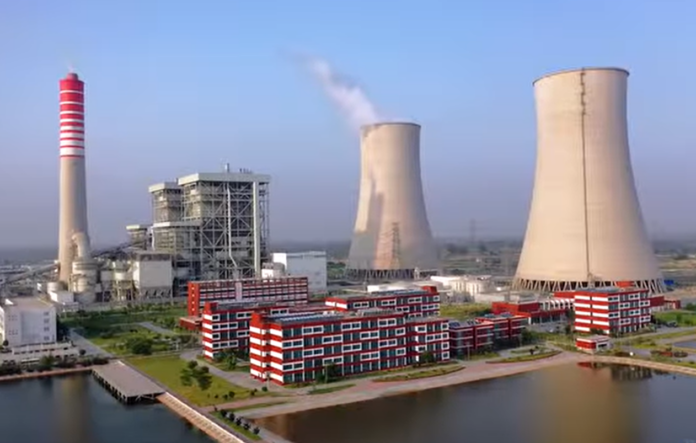The government has decided to release more than Rs100 billion to Chinese power plants, reducing outstanding dues by nearly 25% ahead of Prime Minister Shehbaz Sharif’s visit to China, according to a news report.
The Finance Ministry has instructed that the payments be made from power sector subsidies allocated in the current fiscal year’s budget. The disbursement is expected in the coming days, with an additional Rs8 billion already provided from regular budget allocations.
The move comes just before the Prime Minister travels to China this weekend to attend the Shanghai Cooperation Organisation (SCO) Heads of State meeting and participate in an investment conference organised by Pakistan’s embassy.
As of June 2025, outstanding dues for China-Pakistan Economic Corridor (CPEC) power projects stood at Rs423 billion. After the upcoming payments, the amount owed to Chinese firms will fall to just over Rs300 billion. While the outstanding dues increased slowly during the last fiscal year, they have continued to accumulate.
Since 2017, Pakistan has paid Rs5.1 trillion to 18 Chinese power plants, covering 92.3 percent of billed amounts including interest. Authorities say the actual remaining cost of energy is under Rs300 billion, with the remainder consisting of late payment surcharges.
The government is also planning to take approximately Rs1.3 trillion in fresh loans from local commercial banks to retire circular debt owed to state-owned power plants, nuclear plants, private facilities, and Chinese projects, although the deal has not yet been finalised.
According to Ministry of Energy officials, the Rs100 billion will be distributed among Chinese plants based on their billing, with the bulk directed to the three largest coal-fired facilities. Pakistan owes Rs87 billion to the Sahiwal power plant, Rs69 billion to the Hub coal project, Rs85.5 billion to the Port Qasim power plant, and Rs55.5 billion to the Thar Coal project.























